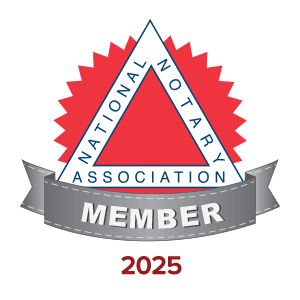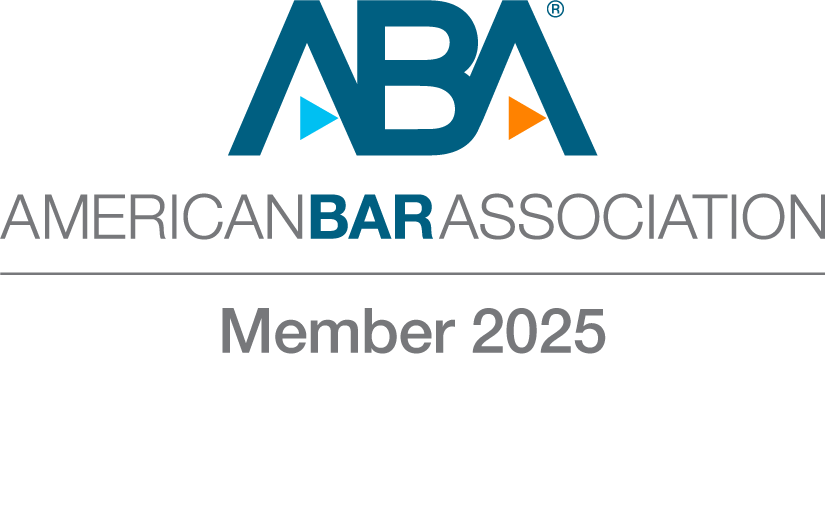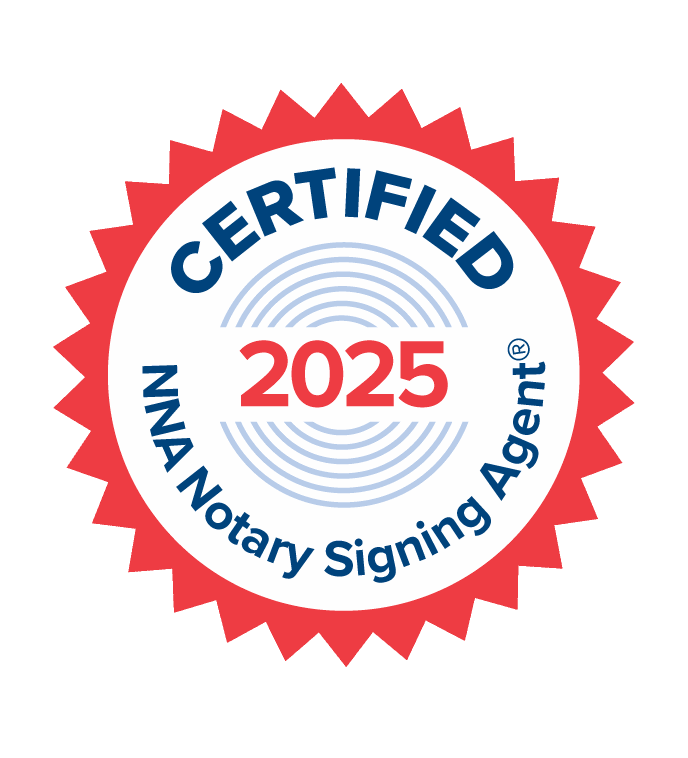Elevate Your Standards

Technical Expertise

Flexible
Scheduling
your busy daily life.

Meticulous Precision
notarization is reviewed carefully.
Why Us?
We go beyond basic notary services—we provide personalized, professional solutions designed to make your document signing simple and stress-free. From notarizations and certified copies to powers of attorney and legal affidavits, our team ensures every detail is handled accurately, efficiently, and with care. We act as a trusted partner, so you can have peace of mind while we take care of the complexities of notarization with precision, confidentiality, and a friendly touch.
hire us todayTypes of Notarizations

General Notary
We notarize a wide range of documents-affidavits, powers of attorney, contracts, and more-with professionalism, accuracy, and attention to detail. Whether it's for personal, legal, or business matters, we ensure each document is properly executed and legally compliant.

Mobile Notary
We provide expert mobile notary support for real estate transactions, including closings, loan documents, deeds, and refinance packages. Our team travels to you and works closely with buyers, sellers, agents, and lenders to ensure every document is completed correctly and on time.

Remote Notary
With our Remote Online Notary service, you can have your documents notarized from the comfort of your home or office. Using secure video conferencing technology, we provide fast, convenient, and legally valid online notarizations.
Common Documents We Notarize
We notarize a wide variety of personal, business, and legal documents. Here are examples of the types of paperwork our clients commonly bring to us. With extensive experience handling many different types of notarizations, we ensure the process is accurate, efficient, and reliable.
hire us todayPowers of Attorney
Real Estate Documents (Deeds, Mortgages, Transfers)
Wills & Trusts
Health Care Directives
Affidavits & Sworn Statements
Loan & Financial Documents
Adoption Papers
Business Agreements & Contracts
School Permission Forms
Travel Consent Forms for Minors
Specialized Notarizations

Apostille
Need to use your documents abroad? We simplify the apostille process by helping you obtain the necessary authentication for international use, ensuring your paperwork meets all legal requirements for acceptance in foreign countries.

Estate Planning Signings
Notarizing estate planning documents such as wills, trusts, powers of attorney, and healthcare directives requires attention to detail and sensitivity. We offer a reliable and respectful approach to ensure your most important plans are executed without complications.

Real Estate Signings
We provide expert notary support for real estate transactions, including closings, loan documents, deeds, and refinance packages. Our team works closely with buyers, sellers, agents, and lenders to ensure every document is completed correctly and on time.

Certified Translations Made Simple
Need accurate, certified translations for your important documents? We make it easy by partnering with trusted third-party translation experts. Whether it’s legal, personal, or business documents, our partners ensure precision and certification, while we handle the process smoothly and reliably for you. We have access to over 65+ languages.
Get StartedNotary Service Requirements
To ensure a smooth notary appointment, please come prepared with your required documents and valid ID. This helps us provide efficient, accurate service and avoids delays in completing your notarization.

Valid Government-Issued ID
Clients must bring at least one valid, unexpired photo ID, such as:
- Driver’s license or state ID
- Passport or passport card
- Military ID
- Permanent resident card (Green Card)
Unsigned Document(s)
Do not sign in advance; documents must be signed in front of the notary.
Signers & Witnesses
Everyone signing must be present with valid ID.If your document requires witnesses, you must bring them unless arranged beforehand with Nguyen Consultants.



